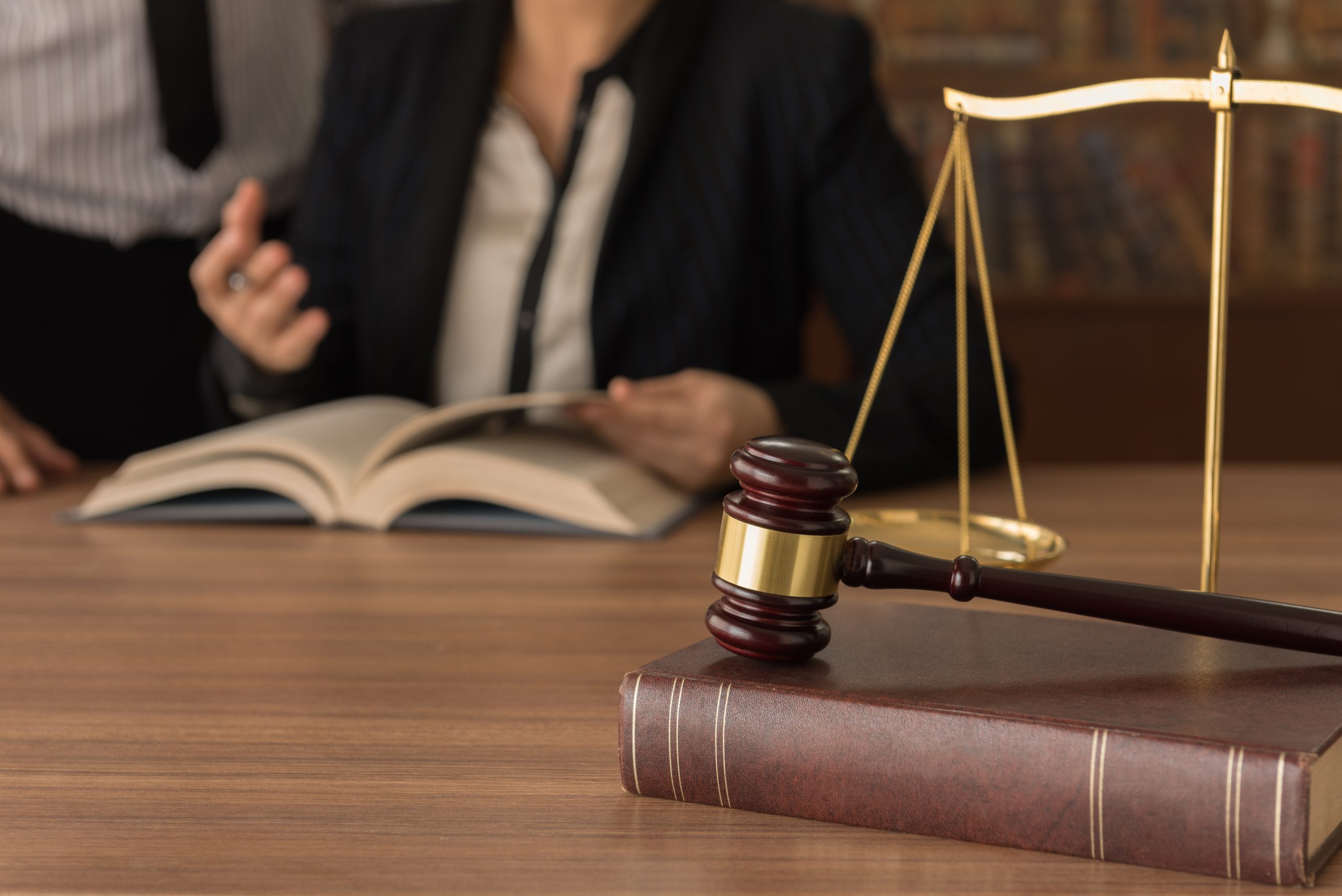
As mediation has continued to be relied upon more heavily in the litigation process, the rules governing mediation practices have evolved. Mediation is required in almost all types of litigation cases before any matter can progress to the point of holding a trial. There have been some substantial changes made in the rules governing mediation over the past year that are important to familiarize yourself with. Additionally, local rules and requirements of Judges, Circuits, Divisions, and Districts can all differ widely, so it is wise to check any local rules that may apply to your mediation before you select a mediator or try to schedule it.
Changes to FRCP 1.720
Florida Rule of Civil Procedure no. 1.720 governs mediation procedures in Florida Circuit and County Cases. The rule was amended effective January 1, 2012, and the two most notable changes are: 1) the requirement of all parties to attend mediation in person; and 2) the requirement of filing a Certificate of Attendance and Authority.
Per FRCP 1.720(b), physical presence is now required at mediation by the following parties, unless a court order or stipulation by all parties in writing is entered otherwise:
1.The party or representative having full authority to settle without consulting with anyone else;
2.The party’s counsel of record, if any; and
3.A representative of the insurance carrier for any insured party who is not such carrier’s outside counsel, and who has full authority to settle in an amount up to the amount of the Plaintiff’s last demand or policy limits, whichever is less, without further consultation
The change in the 2011 amendment was the addition of the word “and” after items 1 and 2, making it possible that three people could be required to attend on behalf of one party at mediation. Prior to this change in the rule, it was common for parties to attend mediation telephonically, or for corporate representatives to attend, who may or may not have been familiar with the case. The rule has been made more specific to ensure the representative attending has actual authority to settle the matter, without the necessity of involving a party not present.
In addition to the change in subdivision (b) to Rule 1.720, a new subdivision (e) was added, requiring a Certificate of Attendance and Authority to be filed in advance of the mediation conference, identifying all individuals who will be attending the mediation, and confirming they have the authority to settle the case. The new subdivision reads:
(e) Certification of Authority. Unless otherwise stipulated by the parties, each party, 10 days prior to appearing at a mediation conference, shall file with the court and serve all parties a written notice identifying the person or persons who will be attending the mediation conference as a party representative or as an insurance carrier representative, and confirming that those persons have the authority required by subdivision (b).
Following the local rules
In addition to being familiar with the most recent changes to the rules in mediation procedures, it is important to consult any and all local rules or specific Judge’s practice requirements to hold a mediation conference. Some common issues that may arise are:
1.Is the mediation court-ordered? Often, there are different rules that apply to the mediation conference, depending on whether the mediation has been ordered by the court yet or not. If the mediation has been court-ordered, review the order carefully for any requirements.
2.If the parties have agreed to allow a party to attend telephonically, do the local rules require a court order, or is a stipulation of the parties sufficient? While the Rules of Civil Procedure state that parties can stipulate OR it can be court ordered, some Judges may require a Motion and Order to allow a party to attend by phone, even if all parties are in agreement.
3.Can you continue the mediation without court approval? If so, for how long? Certain sections and/or Judges allow for a continuance, but only for a certain length of time, others require a Motion and Order to continue a mediation conference.
When you are planning a mediation conference, as with any aspect of your practice, making sure you are aware of any recent changes to procedural rules, and familiarizing yourself with the local rules governing practice requirements is paramount to a successful mediation conference.